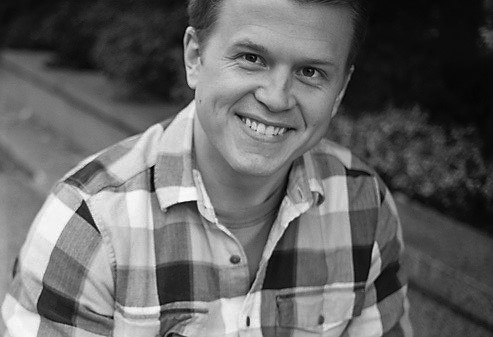
I am an Professor of Law at BYU Law School.
My academic work covers a number of substantive areas, with a particular focus on how the rules, procedures, and practices currently utilized in the US courtroom impact the behavior of judges, attorneys, and parties and how that behavior then influences the implementation and efficacy of those rules.
I have published (or have forthcoming work) in peer-reviewed journals such as the Journal of Politics, the Journal of Empirical Legal Studies, and the Annual Review of Law & Social Science, as well as in law reviews such as the Harvard Law Review and the Northwestern University Law Review. My publications and working projects explore judicial recusal, judicial campaign finance, the use of technology in courtrooms, parole hearings, warrant review, bail hearings, immigration, online consumer protection regulation, cruel and unusual punishment, free speech, and the interplay between empiricism and rights balancing tests.
In exploring these issues, I employ my training as a field experimentalist to conduct empirical evaluations that are both informed by the realities of the legal system and methodologically rigorous. I am particularly passionate about the growing role that randomized field experiments (often called randomized controlled trials, or RCTs) should play in the study and development of law, procedure, and policy and have written on methodological and ethical difficulties of running field experiments or utilizing randomization in the context of law and courts.
I have a JD (’17) from Yale Law School, a PhD (’19), an MPhil (’17) and MA (’15) in Political Science from Columbia University, and a BS (’12) in Political Science and Korean from Brigham Young University. Prior to joining the faculty at BYU Law School, I clerked for Judge Andrew Gordon in the United States District Court for the District of Nevada.